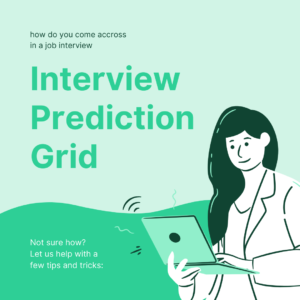We mostly come across several great posts that talk about saving your time for the best tasks in the office.
Avoiding unnecessary office meetings is one of those important tips. The following article shares some useful tips on how to conduct great meetings (and avoid wasting the time!).
Unnecessary e-mails and meetings kill hours. Time is, undoubtedly the most important thing in your life. It becomes even more important while considering your work life.
Meetings are important, but some managers forget to understand how to conduct it efficiently. After all, the time that you save for your work is important. The long and unproductive meetings indeed overload the subordinate calendars at the end of the day, resulting in a ‘no-profit’ situation for everyone.
If you are leaving all your urgent deadlines for the sake of attending a long-hour meeting about, say which font size will look good for your company’s monthly magazine- Cambria or Times Roman, then it is definitely a red flag. However, if your manager plans a one-on-one meeting on something really important, it is worth your time.

Time Wasting Meetings
You are wasting the major part of your life in attending meetings!
On an average, an employee spends almost 16 hours in weekly meetings. Meetings where everyone is fiddling with their smartphones, checking clock again and again, wondering the agenda of the same- surely, you would not like to be a part of such meetings!
Hence, successful meetings are a result of a unique combination of focused efforts and intelligent planning. Many managers have less or no idea about how to conduct an efficient meeting- and the result is the waste of time.
There are a few strategies to conduct great meetings:
Know the Agenda
Before sending a meeting request to your staff, analyze if it is actually needed? Do you really need a formal meeting? Will a ‘stand up’ meeting serve the purpose? Look for a quick, productive, and effective option to send across the message to the team. Remember, without an agenda, meetings easily turn into an aimless discussion that takes up the time of everyone.
Convey the Objective of the Meeting Clearly
This saves the much needed time for others to understand the purpose of the meeting, and how their contribution would be required. Calling them all with no idea takes additional 10-15 minutes to clarify the agenda. Conveying the objective helps to set the expectations, including the time required, topics to be discussed, and other things.
Act as a Facilitator
No meeting can run itself. As a manager, it is your job to discuss and find resolution for each area discussed. It is important to involve everyone and make sure that it starts and ends at the suggested time. If a meeting needs to be held urgently to get something done, go ahead with it. However, invite only those whose participation is actually needed. Remember, attending a meeting is not a certificate of honor!
Keep it Short
Meetings should leave employees walk out with an energy, enthusiasm, and a clear result. For this, it is vital that it should have an appropriate end time. Any meeting that runs beyond the estimated time becomes an off-topic conversation. Remember your school days when the idea of extending the class by even 5 minutes disturbed you; employees do think the same way. Thus, be specific and ensure an early adjournment.
Following these tips would help you to save time and conduct a great meeting.
What’s your approach? Share it with us.
Author Bio:
Author Bio: Swati Srivastava is an avid writer with a keen interest on the extensive domain of job search and career counselling. Currently associated with Naukrigulf.com, her articles are published on several reputed job search portals and online career magazines.





